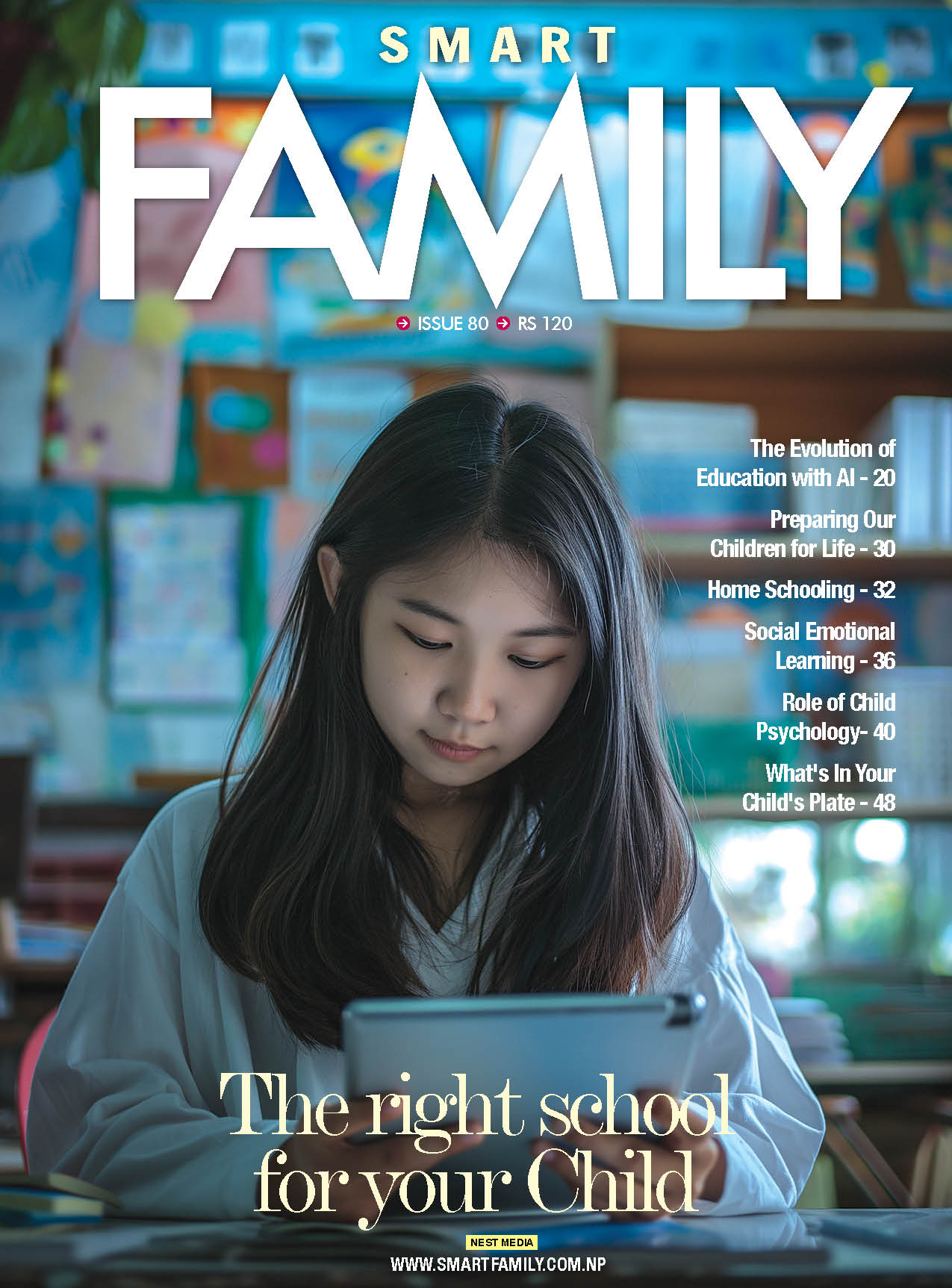Taking Care of Our Ears
Our ears deserve some of our attention from time to time. Hear them out.
A lot people in Nepal suffer from some form of hearing disorder, that in itself is something to be expected, but many people here do not understand the severity of these disorders. A person may either be born with such disorders or develop them later in life due to damage or blockage of the outer or middle ear, or due to damage or malfunction of the inner ear (cochlea) or the hearing nerve. The myth that people can only be born with this impairment is completely false, and its severity spans from mild difficulties to profound deafness. It's always a good idea to learn of about them and take precautions.
Around 5% of the world population suffers from some form of hearing impairment. Over half of them are from low and middle-income nations. High tech gadgets are a big help and can help people live normal lives. However these technological advancements are usually only available in countries with high income. Such hearing aids also need to be fine-tuned and adjusted as per the type of hearing disability, and individual needs, which are always different from person to person.
We do have many ENT specialists like Otologists and Otolaryngologists who diagnose and treat hearing impairments and disorders and fit hearing aids, they also assess people for cochlear implants. We also have Audiologists who give hearing tests, and identify the type of hearing loss. But we still haven't been able to bring in and use modern high-tech instruments. In Nepal, only a few major hospitals and around 10-12 clinics have the service of Audiology. The Cochlear Implantation Services are available only at Tribhuvan University Teaching Hospital.
Experts recommend a hearing screening test for people who may have hearing impairments, and for new born babies who are less than one month, before leaving the hospital. At the moment, hearing aid fitting and maintenance are a real problem to doctors and audiologists. A recent improvement is that we no longer have to rely on India for such tests and solutions, as compared to a few years ago. However it still takes two to three days in order to complete such tests and find the end solution in Nepal. Services such as Cochlear Implantation are even more difficult to access for general public because they are rare and costly and can only be done at Tribhuvan University Teaching Hospital. Due to these reasons, people are forced to go abroad to avail these services. There are only few hospitals across the countries that provide services for hearing impairment.
People in general are still in the dark regarding the causes of hearing impairments and what helps are available to those with hearing disorders, who with proper assistance can live normal lives. The hearing aid fittings help people with hearing impairments in their language development, oral communication, and social interaction. We should be aware of facilities like Early Hearing Detection and Intervention (EHDI) and always use them for our benefit. Necessary treatments can be provided in time if hearing difficulties are detected early in life. A gynecologist can also play a vital role as well in identifying babies with hearing impairment by looking for symptoms of congenital hearing loss, an impairment that is caused at birth or inherited.
It is very crucial hearing and other ear-related impairments are detected early. We must be aware of such disorders and be alert for symptoms that indicate them. Service like audiology are available in hearing centers like Nepal Hearing & Speech Care Center, Aawaz Hearing & Speech Center, Modern Diagnostic Hearing Center, Hearing Aid Center and hospitals like Tribhuvan University Teaching Hospital, Bir hospital, Patan hospital, Grande International hospital and Kathmandu Medical College and Teaching Hospital (KMCTH).
|
The following symptoms may mean you need to seek medical help for the child or individual:
|


